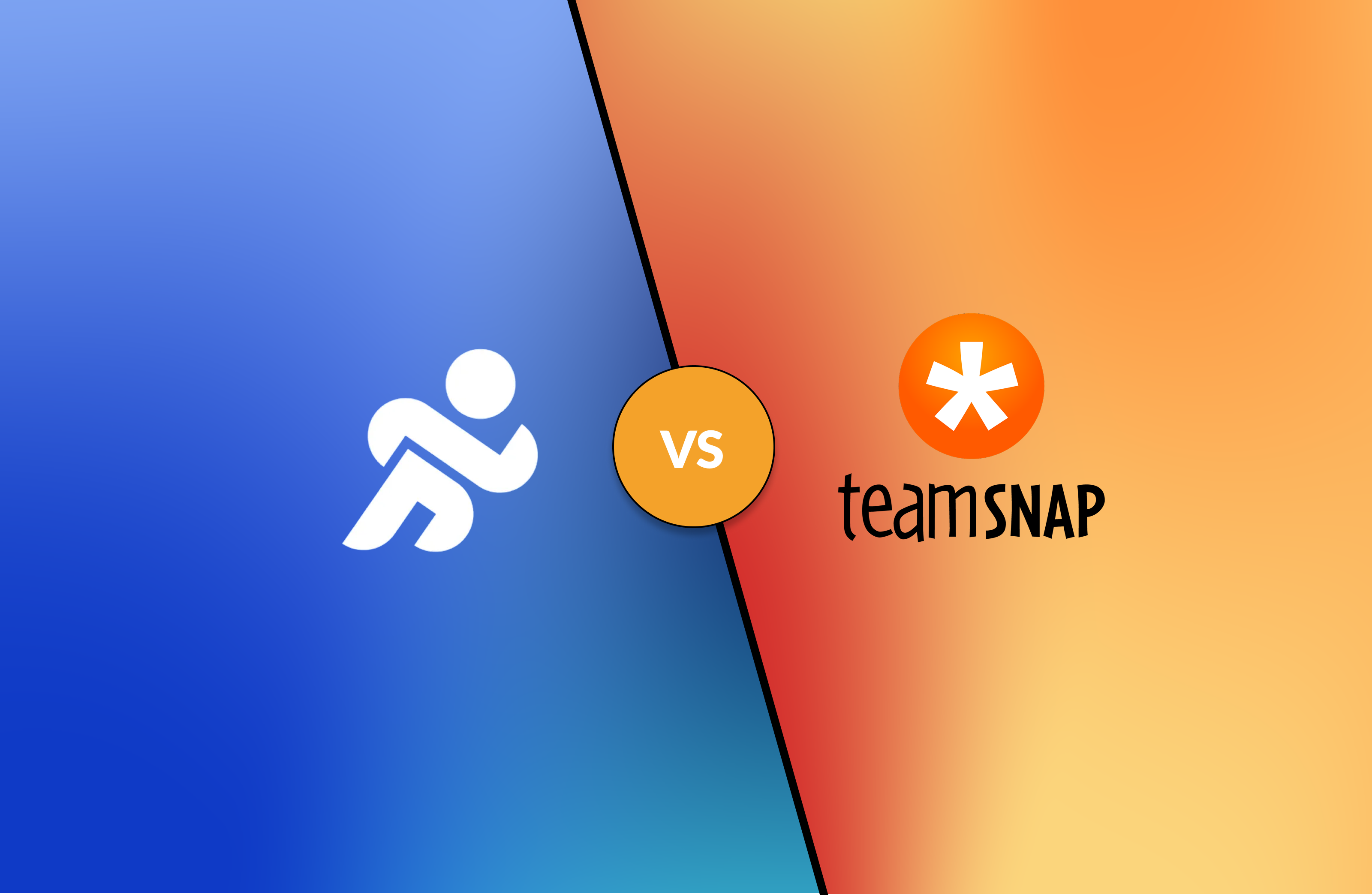Sports Specialization: 4 Key Aspects Every Parent Should Know

The 10,000-Hour Myth
Have you ever heard of the 10,000-hour myth? This theory suggests that 10,000 hours of practice are required to achieve a certain level of excellence, regardless of the field. In other words, a child could become an athlete after 10,000 hours of practice.
In the world of sports, it is impossible to prove that this theory is true.
Some say that to reach a professional level, you need to start young and focus on a single sport. Others believe that engaging in various sports from an early age helps children develop better physically and cognitively, thus paving the way for a promising athletic career.
We find ourselves wondering what is truly better: early sports specialization or diversification.
Early Sports Specialization: Understanding the Benefits of Sports Diversification
Early sports specialization involves a young athlete dedicating their childhood to practicing a single sport for more than 8 months a year. This practice is becoming less favored by parents and coaches, especially with the introduction of multisport programs in schools.
Early specialization is not entirely negative. If a child chooses to focus on one sport from a young age, they have the opportunity to quickly refine their technical and tactical skills, build confidence in that sport, and potentially earn scholarships if they continue at the collegiate or university level.
However, caution is needed, as early sports specialization can lead to several issues, such as frequent injuries caused by repetitive strain, increased stress levels due to constant pressure, or even burnout that may result in quitting the sport altogether.
Sports Diversification Among Professionals
For several years now, there has been a noticeable trend toward sports diversification, both among growing children and professional athletes. This diversification involves the development of technical skills as well as social and psychological abilities that children gain through practicing various sports.
Did you know that in 2018, 90% of the players drafted into the NFL (National Football League) were athletes who played more than one sport while growing up? One of the world’s greatest athletes, Tom Brady, played football, baseball, and basketball during his school years. Today, he is considered one of the best quarterbacks in the history of American football.
Patrick Mahomes, quarterback for the Kansas City Chiefs, also participated in multiple sports during his early career. In addition to football, Mahomes played baseball. In 2014, the Detroit Tigers (MLB) drafted him during the amateur draft. Selected as the Chiefs’ first pick in 2017, Mahomes is already recognized as a football legend.
4 Benefits of Sports Diversification That Might Convince You to Enroll Your Children in a Multisport Program
1. To enable your child to develop a variety of technical skills.
Practicing a sport at an early age helps children develop motor skills such as running, balance, and hand-eye coordination. Engaging in multiple sports from a young age can trigger stimuli that enable them to develop various physical and cognitive abilities, which will be beneficial for other sports as well.
Children will be able to draw connections between different techniques and adapt more quickly.
For example, footwork in soccer is not practiced the same way as in basketball. A child who practices both will develop techniques for both sports and move more efficiently than a child who only practices footwork in a soccer context.
2. To Avoid Burnout and Support Mental Health
Training for several hours a week, year after year, requires significant sacrifices from both parents and children. It demands a lot of discipline, prioritizing sleep for better physical and mental recovery, and managing the constant back-and-forth to practices, games, and tournaments. It’s not uncommon for a child facing too much pressure or fatigue from a monotonous routine to quit by the time they reach university, or even before.
Sports diversification helps prevent falling into a routine that could lower a child’s motivation. It also allows them to take a break and reflect on what they truly want.
For example, if a child didn’t perform well during hockey playoffs, they might not feel ready to jump back into training right away. By engaging in a different sport, like soccer, they can avoid dwelling on past mistakes and continue to improve physically and mentally.
This break will make them more optimistic about returning to their primary sport’s training later on.
4. To Prevent Recurrent Injuries
Whether practicing a sport intensively or just for fun, the risk of injury is always present. For children aged 6 to 12, whose bodies are still developing, the same muscles are often overused during intensive training. This can lead to repetitive injuries, which can have long-term consequences.
Another benefit of sports diversification is that it allows children to work different muscle groups and prevent recurrent injuries. Children who choose to specialize in a single sport after reaching puberty tend to have more consistent performance and are more likely to continue practicing their sport for a longer time.
However, some sports, such as figure skating, gymnastics, and swimming, require early specialization. These sports involve complex movements and techniques that must be developed before puberty.
Early Sports Diversification at the Heart of Local Multisport Programs
If your child wants to develop their skills in more than one sport, consider Juvénat Notre-Dame School in Lévis. Their mission is to offer a multisport program that allows young athletes to develop their sports skills through various sports and educational workshops. Their goal is to prevent school dropout rates related to early sports specialization.
You can also check with your municipality to learn more about the available sports programs that might be a good fit for your children.
It is difficult to determine whether early sports specialization or diversification is the best option.
One thing is certain: when a child shows potential in a sport from a young age, it’s natural to want to support them in reaching their full potential. It’s crucial to encourage your children, listen to their needs, and let them make their own choices.
Karl Demers



